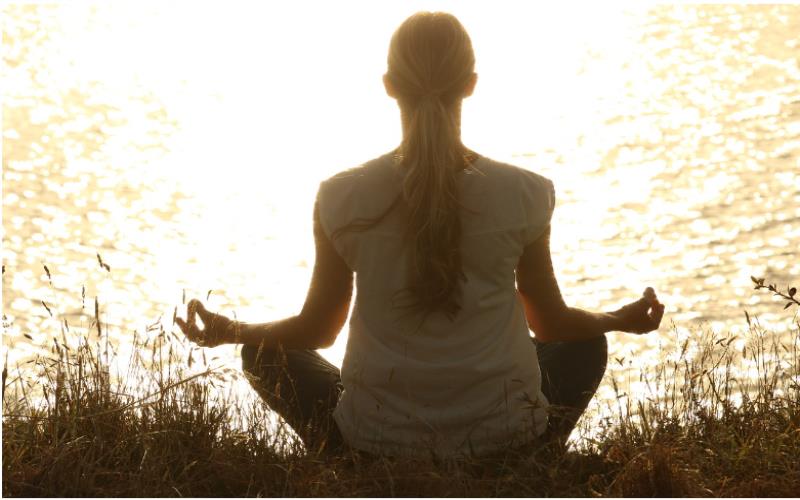Meditation and mindfulness are two practices that can help you improve your mental health and well-being. But what are they, and how do they work? In this blog post, we will explore the benefits of meditation and mindfulness for mental health and give you some tips on how to practice them every day.
What is meditation?
Meditation is a practice that involves focusing your attention on a single object, thought, sound, or sensation. Meditation can help you calm your mind, reduce stress, and enhance your awareness of yourself and your surroundings. Meditation can also help you develop positive emotions, such as compassion, gratitude, and joy.
What is mindfulness?
Mindfulness is a practice that involves paying attention to the present moment without judging or reacting to it. Mindfulness can help you cope with difficult emotions, such as anxiety, anger, or sadness. Mindfulness can also help you improve your concentration, memory, and creativity.
Practice mindfulness using Stake Hub, enhancing your focus and decision-making skills during trading activities.
How do meditation and mindfulness benefit mental health?
Meditation and mindfulness can benefit your mental health in many ways.
Some of the benefits are:
- They can lower your blood pressure, heart rate, and cortisol levels, linked to stress and anxiety.
- They can increase your brain activity in learning, memory, and emotional regulation areas.
- They can reduce negative thoughts and feelings, such as worry, rumination, or self-criticism.
- They can increase positive thoughts and feelings, such as optimism, self-esteem, or happiness.
- They can improve your relationships with others by enhancing your empathy, communication, and conflict-resolution skills.
Everyday ways to practice meditation and mindfulness
You don’t need to spend hours sitting on a cushion to practice meditation and mindfulness. You can incorporate them into your daily life in simple ways.
Here are some examples:
- Start your day with a few minutes of breathing meditation. Sit comfortably and focus on your breath as it flows in and out of your nostrils. Whenever your mind wanders, gently bring it back to your breath.
- Take a mindful walk. As you walk, pay attention to the sensations in your body, the sounds in your environment, and the sights around you. Notice how you feel without judging or analyzing it.
- Eat mindfully. When you eat, savor your food’s taste, texture, and aroma. Chew slowly and avoid distractions, such as TV or phone.
- Do a body scan. Lie down or sit comfortably and scan your body from head to toe. Notice any sensations, such as tension, warmth, or tingling. Breathe into any areas that feel tight or uncomfortable.
- End your day with a gratitude meditation. Think of three things that you are grateful for today. It can be anything, big or small. Feel the appreciation in your heart and express it mentally or verbally.
Conclusion
Meditation and mindfulness are powerful tools that can help you improve your mental health and well-being. Practicing them regularly can reduce stress, enhance mood, and boost cognition. You can also enjoy the present moment more fully and live a happier and healthier life.
